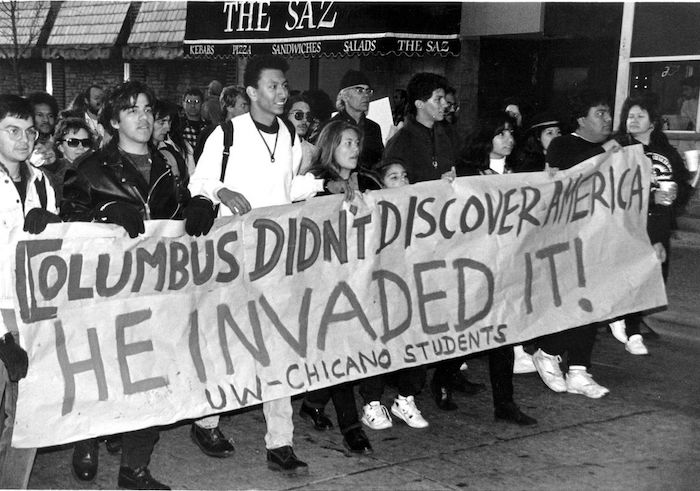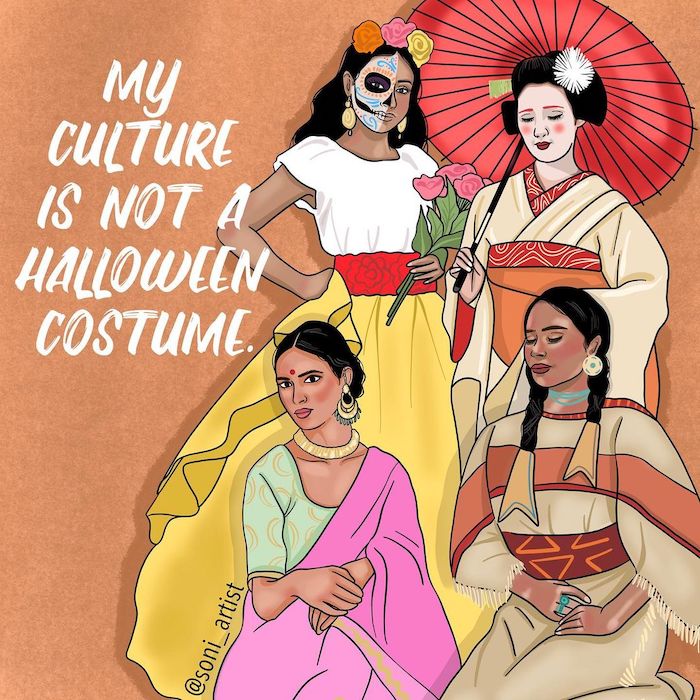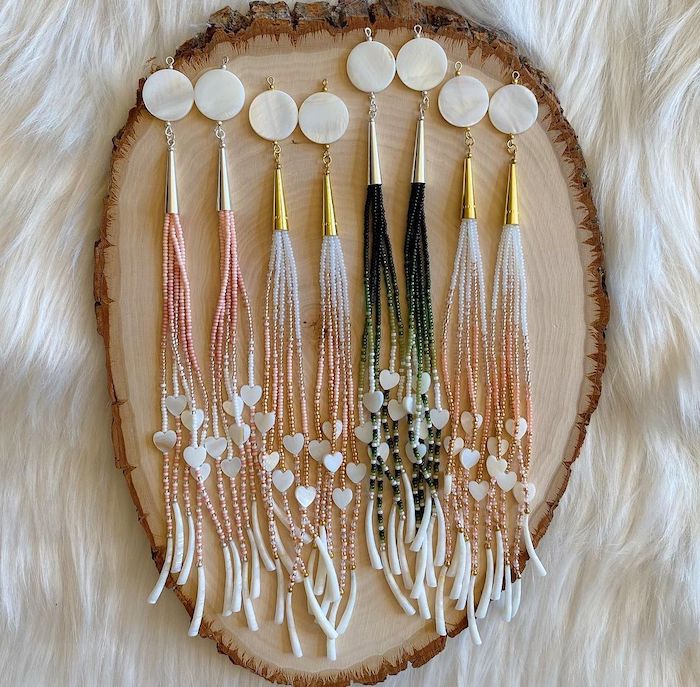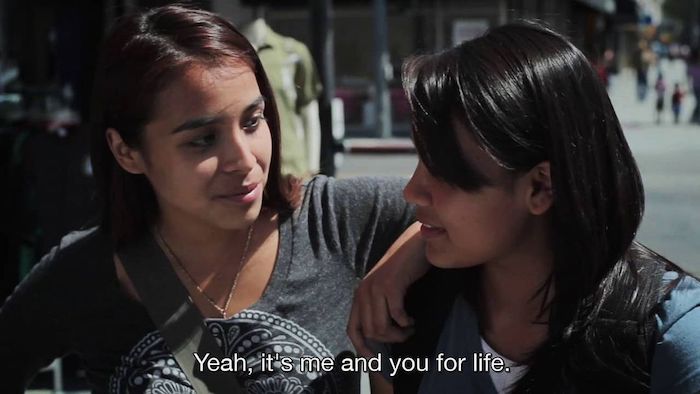LIFE
Get Inspired
How to be an ally to Indigenous peoples this Thanksgiving
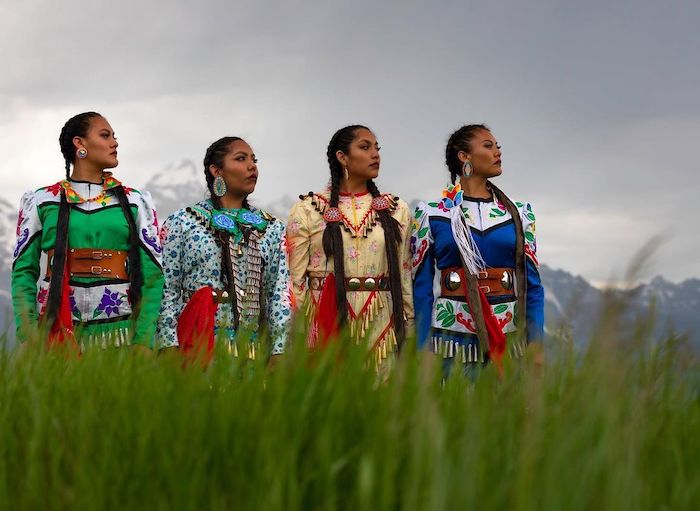
With all the autumn leaves, mashed potatoes and paper hand-turkeys, it can be easy in the Thanksgiving season to forget the harm that our country has done to Indigenous peoples. But *especially* during this time of year, it's so important to acknowledge Indigenous people—past and present.
Educate yourself
The first step to allyship is understanding not only the history but also the modern issues facing Indigenous people in America. When the Mayflower landed in 1620, Indigenous Americans offered their help to the European settlers to help them survive. Unfortunately, the settlers did not return their kindness. Over the past 400 years, Indigenous peoples have had their resources stolen from them and have been forcibly relocated by the United States government.
Recently, Indigenous Americans were disproportionately affected by the COVID-19 pandemic due to long-standing infrastructure and health issues. Today, Native people are at the front of the fight for environmental justice, while Native women are disappearing at an alarming rate.
The history of Indigenous peoples is complex, colorful and worthy of being learned. Take time to check out a few books from your school library or watch a documentary on Netflix. Follow Indigenous creators on TikTok or Instagram and hear their stories. Staying up to date on Native news is a fantastic way to show allyship.
@indigenous_baddie My relationship with my nose is a lot better ❤️ #nose #insecurities #ancestors #cree #indigenous #firstnations ♬ Originalton - 1905🦁
Remove harmful language from your vocabulary
The problem of "cultural appropriation" has become well-known in the past several years. Appropriating someone else's culture can mean wearing clothing or jewelry that has significant meaning to a culture, or styling your hair in a particular way, without acknowledging or understanding that meaning. Cultural appropriation can also happen through language.
There are many Indigenous terms that have been wrongly integrated into American slang. Your student council meeting isn't a "pow-wow," that cute dog you follow on IG isn't your "spirit animal" and your friend group isn't a "tribe."
Other words like "savage," "Indian" or "eskimo" that are sometimes used to describe Indigenous peoples have harmful stereotypes and histories associated with them. These terms have no place in your everyday language and can be easily replaced. Making these small changes shows respect to Indigenous people.
Buy from Indigenous artists
We agree, a dream catcher would look *so* cute in your room — just make sure you buy one from an Indigenous artist. Why buy a cheap replica off Shein when you can have a handcrafted dream catcher made by an Indigenous artist? The quality will be a million times better, and you can know your money is going right into the artist's community.
There are so many fabulous Native artists who create one-of-a-kind pieces that you can add to your collection. You just have to look for them!
Look for Native media
Indigenous representation is totally lacking in Hollywood and the music industry, but that doesn't mean there aren't amazing creators out there. A great way you can be an ally this Thanksgiving season (and beyond) is to stream films by Native directors, like The Cherokee Word for Water or Mosquita y Mari. Beware of films that portray Indigenous stereotypes, such as Pan or The Lone Ranger.
You can also update your monthly Spotify playlist with some amazing Native musicians. Jayli Wolf is giving all the alternative indie vibes we need. Supaman mixes classic rap with Indigenous instruments, and we can't get enough of it. If you want something more acoustic, Raye Zaragoza is the perfect musician for you. Not only are you being an ally to the Indigenous community, but you're also finding great new tunes to share with your besties.
Header image: @tapahe
Slider image: @tiamiscihk
POSTED IN LIFE, Get Inspired

 become a contributor
become a contributor




